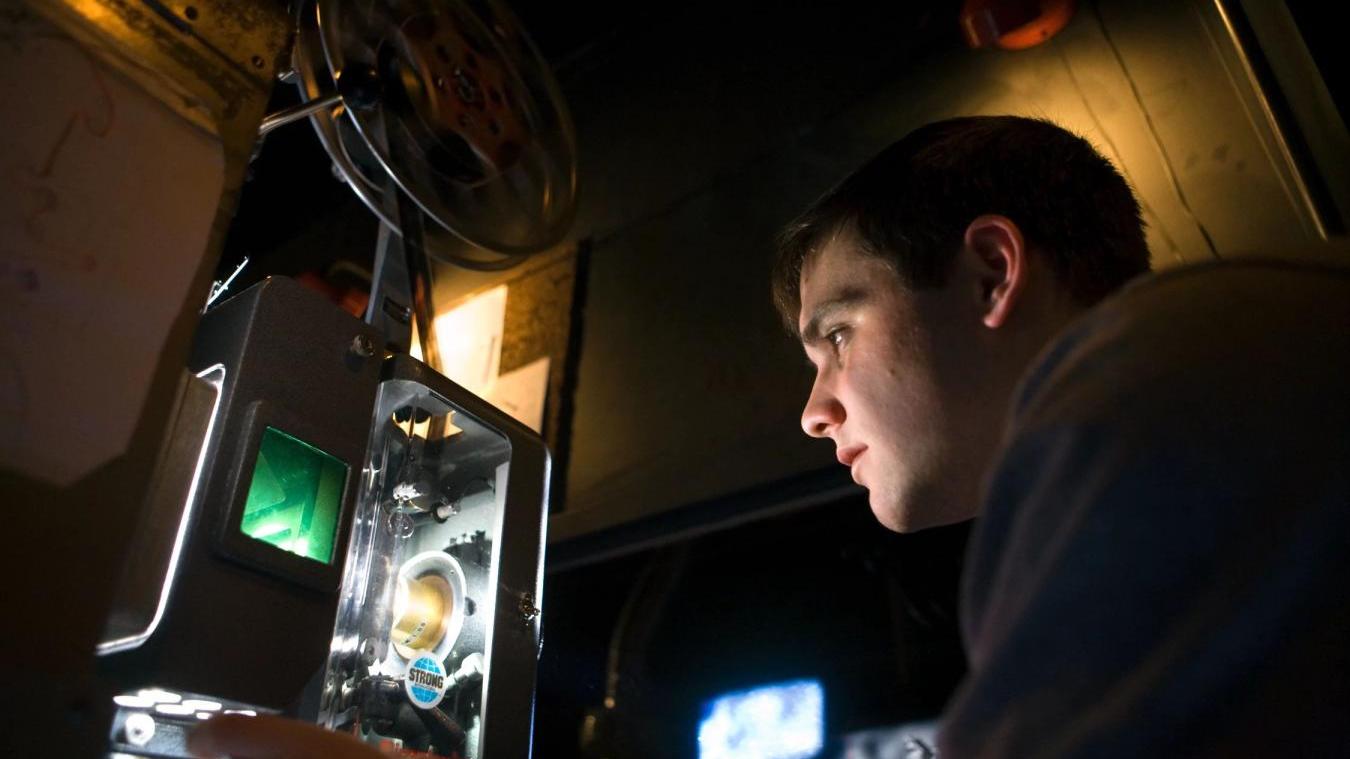Film series: Silent Cinema


image from the film The Scar of Shame
Cornell Cinema regularly schedules silent films, typically with live music, but we missed their presence last Fall. We make up for it this Spring with two films, although we have to forgo the live music with these virtual screenings!
First up is The Scar of Shame, screening as part of a larger project: the Finger Lakes Film Trail’s Race Films/Race Matters series, five films with associated virtual introductions and panel discussions, compiled to explore historical race dynamics through a unique lens: race films. According to the series website, race films were usually produced by a Black film company, starred Black actors and actresses, and emphasized Black-oriented themes. They were an important cinematic, social, and political development, especially during the silent film era. They provided a unique perspective on—and often an unsparing look at—Black life and racial concerns that mainstream studio pictures typically ignored, distorted, or misrepresented.
The Scar of Shame features a pre-recorded introduction by Ken Fox, director of library and archives at the George Eastman Museum in Rochester. In this melodrama, an educated, upscale black musician marries a woman from a lower socioeconomic class to get her out of the clutches of her abusive stepfather. Once he “save” her, however, he won't let his new wife meet his mother, as he knows she won't approve, a decision that leads to a downward spiral of events.
Samantha Sheppard, assistant professor of Cinema and Media Studies at Cornell, provides a pre-recorded introduction to the Race Films/Race Matters series, and she’ll be joined by Ken Fox and Barbara Lupack, a film scholar who has written and lectured on race films, for a panel discussion about the film on Thursday, February 25 at 7:15pm, hosted by Cornell Cinema.
Shiraz: A Romance of India, recently restored by the British Film Institute, tells the romantic tale behind the creation of the Taj Mahal. Filmed on location in and around Jaipur with an all-Indian cast (including 50,000 extras, 300 camels and seven elephants), the film features stunning Islamic architecture and a specially commissioned score by the Grammy Award-winning composer-sitar player Anoushka Shankar, performed by a traditional ensemble infused with strings and a Moog synthesizer.


